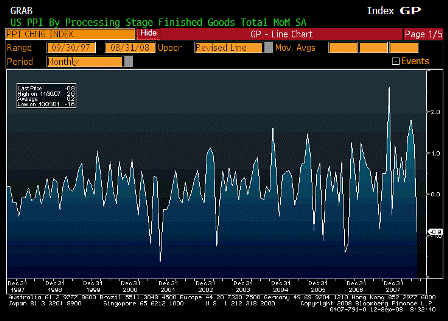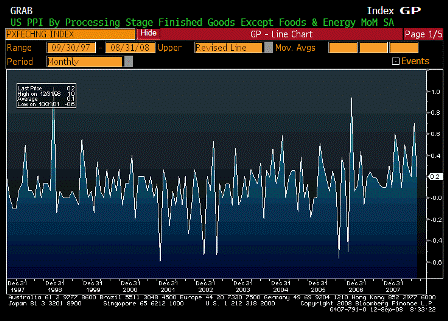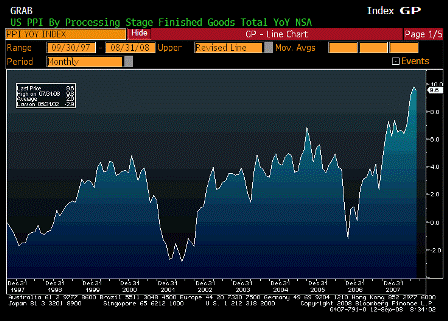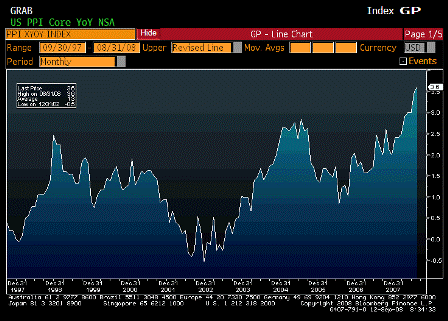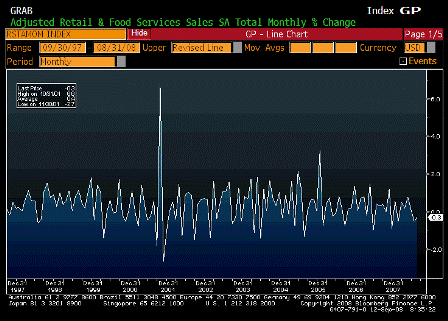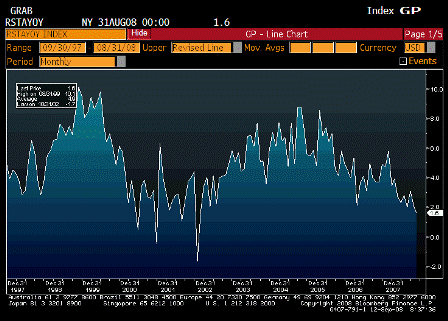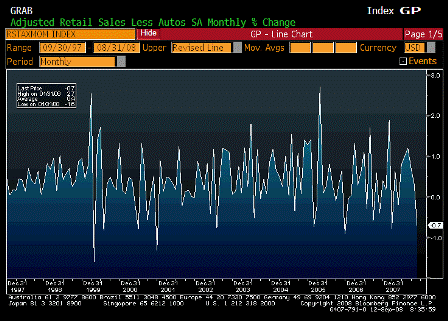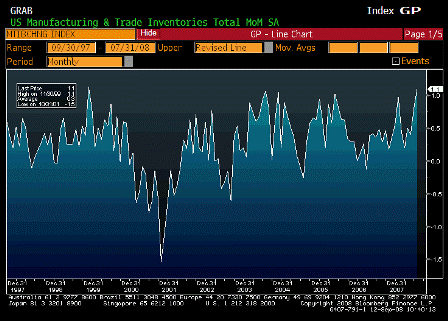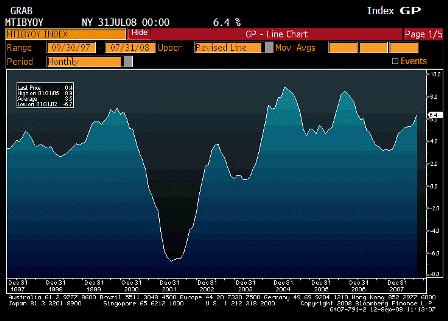Here’s how I see the problem:
- The Fed and Treasury have set precedents of, for all practical purposes, wiping out shareholders when providing what they consider ‘taxpayer money at risk’.
- With FNMA, the Treasury provided funding on their own initiative without consent of management.
Therefore, while justified or not, this means the government can, on its own, decide to provide ‘taxpayer money’ AND eliminate all shareholder value.
This creates a serious risk for any shareholder for ANY business.
For an extreme example, the Treasury could decide unilaterally, that ANY corporation (including, for the strongest example, GE) needs a Treasury guarantee to be sure it can fund itself and won’t fail.
And any such action could carry with it eliminating any/all shareholder value.
This is the risk to Lehman shareholders.
Lehman may be perfectly able to function at some level without the need of new capital to survive.
But markets must now discount that possibility that the Treasury or Fed could decide Lehman’s counterparty risk poses sufficient systemic risk to justify intervention with ‘taxpayer money’ at risk, which would carry with it the elimination of all shareholder value.
The means the risk to shareholders from government intervention is much higher than the risk of bankruptcy or any other form of liquidation.
There was no economic reason for the Treasury to take 79.9% of the housing agencies capital. ‘Tax payer money’ was already as senior as the Treasury wanted it, and any funds added by Treasury also carried any type of interest and various other payments the Treasury desired.
All that wiping out most of the residual value for shareholders did was add a new element of catastrophic risk for all shareholders.
So when a stock like Lehman goes down, which increases the perception of risk of government intervention, the risk of shareholder value going to zero due to government intervention increases as well.
Not my first choice of institutional structure.
[top]

